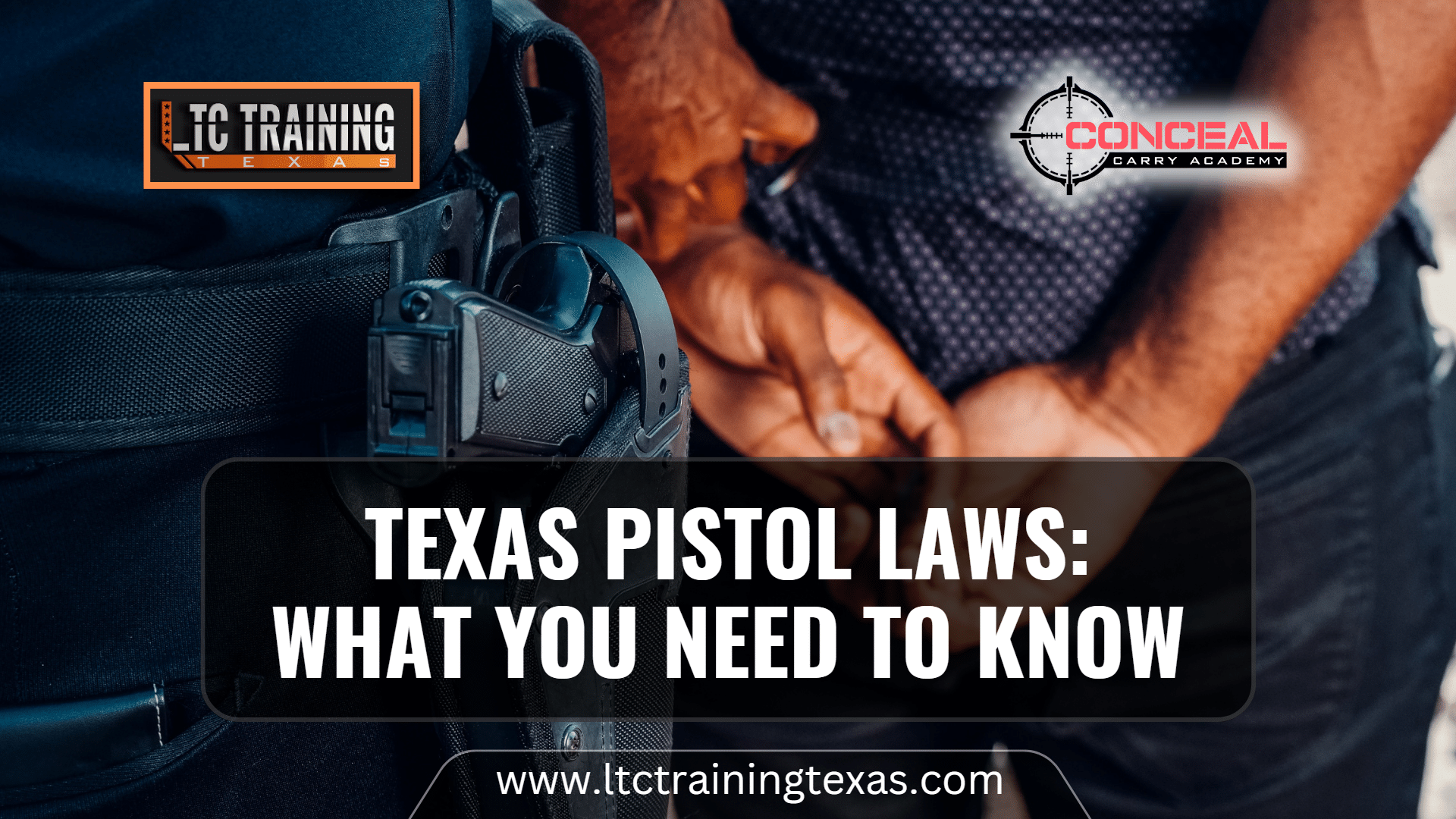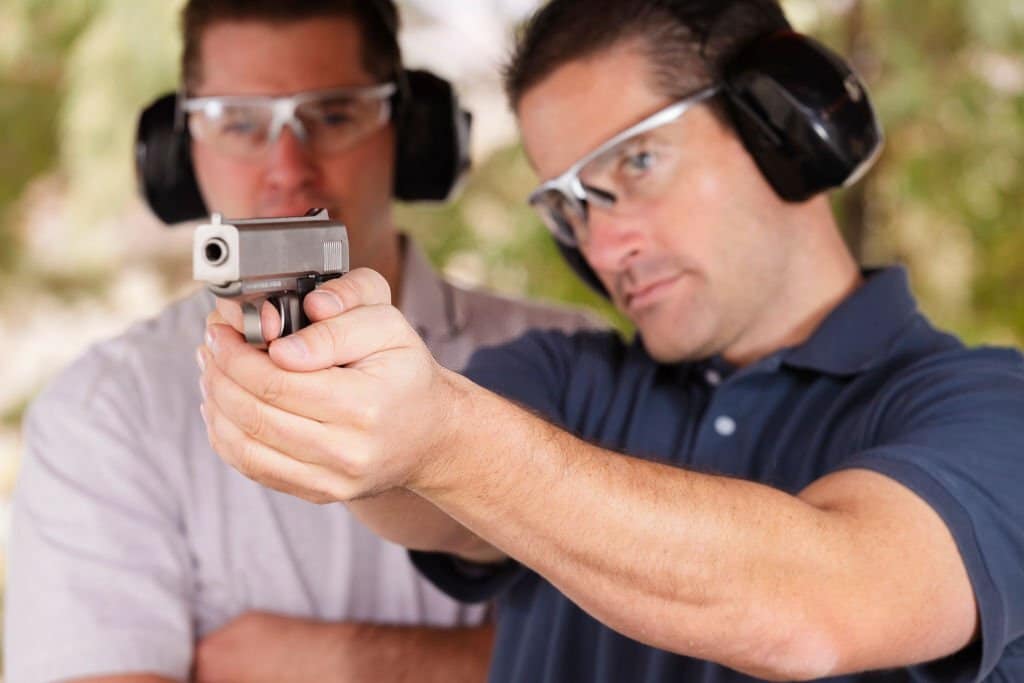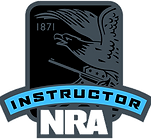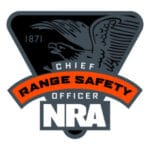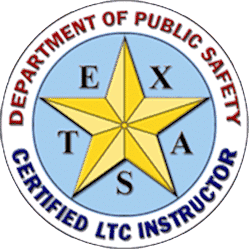Demystifying Texas Pistol Laws: A Comprehensive Guide for Residents and Visitors
Texas, the Lone Star State, boasts a rich history and a unique gun culture. This is reflected in its relatively permissive Texas pistol laws, particularly with the introduction of Constitutional Carry in 2021. Understanding these laws is crucial for both residents and visitors who may be considering carrying a handgun. Whether you’re a lifelong Texan or simply planning a visit, this comprehensive guide will equip you with the knowledge you need to navigate Texas pistol laws with confidence.
A Deep-Rooted Gun Culture and the Rise of Constitutional Carry
Texas has a long and storied relationship with firearms. This is evident in its strong gun culture, where gun ownership is seen by many as a fundamental right and a way of life. This sentiment is reflected in the state’s gun laws, which are generally considered more relaxed compared to other parts of the country.
A significant shift in Texas pistol laws came in September 2021 with the implementation of House Bill 1927, also known as Constitutional Carry. This law allows Texans who are 21 years of age or older to carry a handgun openly or concealed without obtaining a state-issued license. Constitutional Carry significantly impacted gun ownership in the state, granting more Texans the ability to carry a handgun for personal protection.
It’s important to note that Constitutional Carry does not eliminate the need to comply with all other applicable federal and state laws related to firearms. Additionally, some locations may still have restrictions on handgun carry, even with Constitutional Carry. We’ll delve deeper into these legalities in the following sections.
Examples of Texas Gun Culture:
- The Alamo, a historic landmark in San Antonio, is a symbol of Texan resistance and self-reliance, where defenders famously used firearms to fight for independence.
- Hunting is a popular pastime in Texas, with deer hunting being a particularly cherished tradition for many residents.
- Cowboy culture, with its emphasis on self-sufficiency and personal protection, continues to influence the gun ownership mindset in Texas.
Impact of Constitutional Carry:
- A study by the Texas Department of Public Safety (DPS) showed a significant increase in the number of Texans applying for background checks to purchase handguns after the implementation of Constitutional Carry.
- Some law enforcement officials have expressed concerns about the potential for increased gun violence with more people carrying handguns.
- Proponents of Constitutional Carry argue that it empowers Texans to defend themselves and their families and is an essential right for self-defense.
Constitutional Carry vs. License to Carry (LTC): Understanding the Nuances
While Constitutional Carry simplifies the process of carrying a handgun in Texas, there are still advantages to obtaining a License to Carry (LTC). Here’s a breakdown of the key differences between these two options, along with some additional factors to consider:
| Feature | Constitutional Carry | License to Carry (LTC) |
| Permit Required | No | Yes |
| Training Required | No | Yes (course completion) |
| Reciprocity with other states | Limited | More widely recognized |
| Carrying in Gun-Free Zones | No | With permission |
| Background Check Validity | Standard | Extended validity |
| Additional Benefits | None | Open carry reciprocity in some states, possible range benefits |
Constitutional Carry: As mentioned earlier, Constitutional Carry eliminates the requirement for a permit to carry a handgun openly or concealed for those 21 and over. This makes it easier for Texans to exercise their right to carry a firearm for self-defense. However, it’s important to remember that Constitutional Carry does not negate the need for responsible gun ownership. Even without a mandatory training course, gun safety education is paramount.
License to Carry (LTC): While not mandatory under Constitutional Carry, obtaining an LTC offers several benefits:
- Reciprocity with other states: An LTC allows you to carry a concealed handgun in jurisdictions that recognize Texas LTCs. This can be particularly advantageous for frequent travelers or those who live near state borders. A table outlining states with reciprocity agreements with Texas can be found on the Texas DPS website (https://www.dps.texas.gov/section/handgun-licensing).
- Carrying in gun-free zones: In some cases, an LTC may permit you to carry a concealed handgun in certain gun-free zones with prior authorization from the property owner or manager. This could be relevant for businesses or establishments that choose to allow LTC holders while still prohibiting firearms for those carrying under Constitutional Carry.
- Open carry reciprocity in some states: While Texas does not recognize open carry permits from other states, a few states may recognize Texas LTCs for open carry. It’s crucial to research the specific laws of the state you plan to visit.
- **Possible range benefits
Demystifying Texas Pistol Laws: A Comprehensive Guide for Residents and Visitors (continued)
Possible range benefits (LTC): Some shooting ranges in Texas may offer discounts or exclusive access to certain areas for LTC holders.
Choosing Between Constitutional Carry and LTC:
The decision between Constitutional Carry and obtaining an LTC depends on your individual needs and circumstances. Here are some additional factors to consider:
- Travel habits: If you travel frequently to other states, an LTC can provide more flexibility and allow you to carry concealed in more jurisdictions.
- Local ordinances: Some Texas cities or municipalities may have additional restrictions on handgun carry, even with Constitutional Carry. Researching local ordinances in your area is essential.
- Comfort level with open carry: If you are uncomfortable with the idea of openly carrying a handgun, an LTC allows you to carry concealed.
- Commitment to gun safety: Regardless of whether you choose Constitutional Carry or obtain an LTC, a strong commitment to gun safety education and responsible gun ownership is crucial.
Case Study: The Advantages of an LTC for Frequent Travelers
Sarah, a marketing professional who resides in Dallas, Texas, travels frequently for work across the country. She utilizes Constitutional Carry to legally carry a concealed handgun within Texas for self-defense. However, her job often requires her to travel to neighboring states with stricter gun laws. By obtaining a Texas LTC, Sarah gains reciprocity with several of these states, allowing her to carry a concealed handgun legally while traveling for work, providing her with peace of mind and a consistent level of self-defense preparedness across multiple states.
Who Qualifies to Carry a Pistol in Texas? Understanding Eligibility
Before strapping on a holster and exercising your right to carry under Texas pistol laws, it’s crucial to ensure you meet the eligibility criteria. Here’s a breakdown of the key factors, along with additional details and considerations:
- Age: You must be at least 21 years of age to carry a handgun under Constitutional Carry in Texas. Federal law prohibits the purchase of handguns by anyone under the age of 21, so this aligns with the eligibility for carrying.
- Background Check: A mandatory background check is required for all handgun purchases in Texas. This background check is conducted through the National Instant Criminal Background System (NICS) to ensure you are not prohibited from owning a firearm. You can undergo a background check at a licensed firearms dealer (FFL) during the handgun purchase process.
- Disqualifying Factors: Certain factors can disqualify you from carrying a handgun in Texas, even under Constitutional Carry. These disqualifying factors include:
- Felony convictions (including those from other states)
- Domestic violence misdemeanors
- Mental health adjudications that prohibit firearm ownership
- Uncontrolled substance use or addiction
- Discharges from the military under dishonorable conditions
Additional Considerations for Disqualifying Factors:
- The specific details of a felony conviction can influence whether it disqualifies you from gun ownership. Consulting with an attorney specializing in firearms law is recommended if you have any uncertainties about a past conviction.
- Mental health adjudications that involve involuntary commitment or a court order prohibiting firearm ownership are disqualifying factors.
It’s important to be aware of these disqualifying factors and ensure you comply before carrying a handgun. If you have any questions or uncertainties regarding your eligibility, it’s always best to consult with an attorney specializing in firearms law.
Here’s a table summarizing the eligibility criteria for carrying a pistol in Texas:
| Criteria | Description | Additional Considerations |
| Age | Must be 21 years of age or older | Federal law prohibits handgun purchases by anyone under 21 |
| Background Check | Mandatory background check required for all handgun purchases | Conducted through NICS |
| Disqualifying Factors | Felony convictions, domestic violence misdemeanors, mental health adjudications, substance abuse, dishonorable military discharges | Consult an attorney if unsure about a past conviction or mental health adjudication |
Navigating the Legalities: Where You Can (and Can’t) Carry in Texas
Constitutional Carry allows for more freedom in carrying a handgun in Texas, but it’s crucial to understand the legalities of where you can and cannot go while armed. Here’s a breakdown of the key areas, along with additional details and considerations:
Places Permitted for Constitutional Carry:
- Public Spaces: You can generally carry a handgun openly or concealed in most public spaces throughout Texas. This includes parks, sidewalks, and public streets. However, some public spaces may have specific restrictions or signage prohibiting firearms. It’s always recommended to be aware of your surroundings and any posted signage.
- Restaurants: You can carry a handgun in restaurants that do not have signage specifically prohibiting them. Texas law does not require restaurants to post signage if they wish to ban firearms, so it’s always best to err on the side of caution and inquire with management before entering with a firearm.
Places Off-Limits for Handgun Carry (Even with Constitutional Carry):
- Schools (including college campuses): Carrying a handgun on school property is strictly prohibited, regardless of Constitutional Carry. This includes elementary schools, high schools, and universities. There are also specific laws regarding gun-free zones within a certain radius of schools.
- Courthouses: Courthouses are considered gun-free zones, and carrying a handgun inside is not permitted.
- Federal Buildings: Federal buildings, such as post offices and courthouses, are off-limits for carrying handguns.
- Polling Places: Carrying a handgun inside a polling place while voting is not allowed.
Understanding 30.07 Signs:
In Texas, you may encounter signs with the symbol “30.07” or stating “No Weapons Allowed.” These signs indicate areas where carrying a handgun, even with Constitutional Carry, is strictly prohibited. These signs typically apply to private property, such as businesses or apartment complexes. It’s important to respect these signs and refrain from carrying a handgun in these designated areas. If you are unsure about the legality of carrying in a specific location, it’s always best to err on the side of caution and leave your firearm at home.
Examples of Places Where You Might Encounter 30.07 Signs:
- Retail stores
- Movie theaters
- Hospitals
- Private businesses with posted signage
- Apartment complexes or gated communities
Concealed Carry vs. Open Carry: Choosing Your Carrying Style
Texas law allows for both open carry and concealed carry. Here’s a breakdown of each option, along with additional considerations:
- Open Carry: Open carry involves carrying a handgun in a secure holster where it is visible to the public. This can be a shoulder holster or a hip holster worn on the outside of your waistband. While legal in many areas, open carry can attract attention and may not be ideal for everyone. It’s important to consider your comfort level and situational awareness when deciding whether to open carry.
- Concealed Carry: Concealed carry involves carrying a handgun in a holster that keeps it hidden from plain sight. This can be an inside-the-waistband (IWB) holster, an ankle holster, or a purse holster. Concealed carry offers a more discreet way to carry a handgun and may be preferable in situations where you don’t want to draw unnecessary attention. Choosing the right holster for concealed carry is crucial for comfort, safety, and ease of access.
Additional Considerations for Carrying Style:
- Clothing choices: Open carry is more practical with certain clothing styles that can effectively conceal the holster.
- Legal restrictions: Some states or municipalities may have restrictions on open carry, even if they recognize Texas LTCs for concealed carry. Researching the laws of any state you plan to visit is essential.
- Personal preference: Ultimately, the choice between open carry and concealed carry depends on your individual comfort level and the specific situation.
By understanding the legalities and considering these factors, you can make an informed decision about how to carry a handgun in Texas.
Exercising Your Right to Carry Responsibly: Prioritizing Gun Safety and Legal Awareness
Constitutional Carry in Texas empowers you to carry a handgun for self-defense. However, with this right comes a significant responsibility – ensuring the safe and legal handling of your firearm. Here’s why prioritizing gun safety education and legal awareness is crucial, along with additional resources:
- Gun Safety Training: While not mandatory under Constitutional Carry, gun safety training is highly recommended for anyone carrying a handgun. This training equips you with the knowledge and skills to handle your firearm safely and responsibly. A typical gun safety course will cover:
- Basic gun handling techniques, including loading, unloading, and safe operation.
- Safe storage practices for handguns at home, including proper locking mechanisms and keeping ammunition separate from the firearm.
- De-escalation techniques to avoid unnecessary conflict and the use of deadly force.
- Gun maintenance procedures to ensure your firearm functions reliably.
Benefits of Taking a Gun Safety Course:
- Increased confidence in handling your firearm
- Reduced risk of accidents and injuries
- Improved knowledge of Texas gun laws and self-defense statutes
- Potential discounts on gun insurance (check with your insurance provider)
- Legal Repercussions of Improper Handgun Use: Understanding the legal consequences of improper handgun use is vital. Here are some common offenses:
- Brandishing a Weapon: This involves displaying a firearm in a threatening manner, even if you don’t intend to use it. Brandishing a weapon can result in misdemeanor charges and potential jail time.
- Accidental Discharge: Discharging a firearm unintentionally can lead to criminal charges depending on the circumstances. It’s crucial to maintain proper firearm control at all times.
- Strawman Purchases: Purchasing a firearm for someone who is prohibited from owning one is a federal crime and carries serious penalties.
Additional Resources for Legal Awareness:
- Texas Department of Public Safety (DPS) website (https://www.dps.texas.gov/section/handgun-licensing) This website provides a comprehensive overview of Texas gun laws, including information on self-defense laws and use of force statutes.
- National Rifle Association (NRA) Gun Law Resource Center (https://home.nra.org/) While the NRA is a pro-gun rights organization, this resource center offers a state-by-state breakdown of gun laws, including information for Texas.
- Consulting with an attorney specializing in firearms law: If you have any complex questions or uncertainties regarding Texas pistol laws or your eligibility to carry, consulting with an attorney specializing in firearms law is always a wise decision. They can provide tailored advice based on your specific circumstances.
By prioritizing gun safety education and legal awareness, you can minimize the risk of accidents, injuries, and legal trouble. Remember, responsible gun ownership goes beyond simply having the right to carry – it’s about exercising that right with knowledge, caution, and respect for the law.
Optional Section: License to Carry (LTC) in Texas
While Constitutional Carry eliminates the mandatory permit requirement for most Texans, a License to Carry (LTC) can still offer significant advantages, particularly for those who travel frequently or plan to carry in specific restricted locations. Here’s a closer look at the benefits, the application process, and some additional considerations for LTC applicants:
Benefits of an LTC (beyond Constitutional Carry):
- Reciprocity with Other States: An LTC issued by Texas may be recognized by other states with concealed carry reciprocity agreements. This allows you to carry a concealed handgun legally in those jurisdictions, eliminating the need to obtain a separate permit for each state you visit. Always check the Texas Department of Public Safety website or consult your home state’s firearms authority for the most current list of reciprocity agreements.
- Carrying in Gun-Free Zones (with Permission): In some instances, an LTC may permit you to carry a concealed handgun in certain gun-free zones with prior authorization from the property owner or manager. This could be relevant for businesses or establishments that choose to allow LTC holders while still prohibiting firearms for those carrying under Constitutional Carry.
- Open Carry in Some States: A few states recognize Texas LTCs for open carry, although Texas itself does not recognize open carry permits from other states. Always double-check the specific laws of the state you plan to visit before open carrying with a Texas LTC.
- Potential Range Benefits: Some shooting ranges in Texas may offer discounts or exclusive access to certain areas for LTC holders.
The LTC Application Process:
Obtaining an LTC in Texas involves several steps:
- Training Course: Completing a handgun safety course approved by the Texas Department of Public Safety (DPS) is mandatory. These courses typically cover safe gun handling, laws and regulations, and responsible gun ownership practices.
- Fingerprinting: Electronic fingerprints are required as part of the application process. You can visit a licensed fingerprint service provider to have this done.
- Background Check: A comprehensive background check will be conducted through the FBI’s National Instant Criminal Background System (NICS).
- Application and Fees: The LTC application form along with the required fees need to be submitted to the Texas DPS. Processing times can vary, but it typically takes several weeks to receive your LTC after a successful application.
Additional Considerations for LTC Applicants:
- Renewal Requirements: Texas LTCs are valid for five years and require renewal to maintain legal carry privileges.
- Training Course Requirements for Renewal: Unlike the initial application process, LTC renewals do not require completion of a new training course. However, some LTC holders choose to take refresher courses to maintain their skills and knowledge.
Resources for the LTC Application Process:
- Texas Department of Public Safety (DPS) LTC Information Page (https://www.dps.texas.gov/section/handgun-licensing) This webpage provides a comprehensive overview of the LTC application process, including required forms, fees, and a list of approved handgun safety courses.
- Texas Department of Public Safety (DPS) Contact Information ([invalid URL removed]) You can contact the Texas DPS with any questions you may have regarding the LTC application process.
By carefully considering the benefits and application process, you can determine if an LTC is the right choice for you beyond the rights granted by Constitutional Carry in Texas.
Carrying Handguns Responsibly: Safety Considerations and Best Practices
Exercising your right to carry a handgun in Texas goes hand-in-hand with the responsibility of handling it safely and responsibly. Here are some key safety considerations and best practices to keep in mind:
- Always Treat Your Firearm as Loaded: This fundamental rule applies regardless of the situation. Develop the habit of constantly double-checking the chamber to ensure your firearm is unloaded only when intentionally unloading it for cleaning or storage.
- Maintain Proper Gun Safety: Following safe gun handling techniques at all times is paramount. This includes keeping your finger off the trigger until you are ready to shoot, pointing the firearm in a safe direction, and being aware of your surroundings and what’s beyond your target.
- Secure Your Firearm: When not in use, your handgun should be stored securely in a locked safe. This is especially important if you have children or other individuals in your household who should not have access to firearms. Ammunition should also be stored separately in a secure location.
- Practice Regularly: Regular practice at a shooting range is crucial for maintaining proficiency and developing safe handling habits. This allows you to become comfortable with your firearm and build muscle memory for proper operation.
- Know Your Target and What’s Beyond: Before discharging your firearm, always be absolutely certain of your target and what lies behind it. A missed shot can have devastating consequences, so situational awareness is vital.
- Avoid Alcohol and Drugs: Never handle or operate a firearm while under the influence of alcohol or drugs. Both substances impair judgment and coordination, significantly increasing the risk of accidents.
- De-escalate When Possible: The primary purpose of carrying a handgun for most civilians is self-defense. However, using deadly force should always be a last resort. If possible, attempt to de-escalate the situation and avoid using your firearm.
Additional Resources for Gun Safety:
- National Rifle Association (NRA) Eddie Eagle GunSafe® Program (https://eddieeagle.nra.org/) This program teaches children four key steps to follow if they find a gun: Stop! Don’t Touch. Leave the Area. Tell an Adult.
- National Shooting Sports Foundation (NSSF) Gun Safety Resources (https://www.nssf.org/safety/) The NSSF website provides a variety of resources on gun safety education and safe firearm handling practices.
- Local Gun Clubs or Shooting Ranges: Many gun clubs and shooting ranges offer gun safety courses and training programs for all experience levels.
By adhering to these safety considerations and best practices, you can ensure the responsible handling of your firearm and promote a culture of gun safety in your community. Remember, gun ownership is a significant responsibility, and safety should always be the top priority.
Conclusion: Exercising Your Right to Carry with Knowledge and Confidence
Texas’ unique gun culture and the implementation of Constitutional Carry have empowered many residents to carry handguns for self-defense. However, with this right comes a significant responsibility – the responsibility to carry and handle firearms safely and lawfully.
This comprehensive guide has equipped you with the knowledge you need to navigate Texas pistol laws with confidence. Whether you’re a lifelong Texan or a visitor considering carrying a handgun, understanding your rights, limitations, and the legalities of carrying in different locations is crucial.
Key Takeaways:
- Constitutional Carry allows Texans 21 and over to carry a handgun openly or concealed without a permit.
- A License to Carry (LTC) offers additional benefits like reciprocity with other states and potential permission to carry in some gun-free zones.
- Gun safety education and responsible gun ownership practices are paramount, regardless of whether you choose Constitutional Carry or obtain an LTC.
- Always be aware of your surroundings and local ordinances when carrying a handgun.
- When possible, de-escalate situations and avoid using deadly force.
Remember:
- Responsible gun ownership is a continuous learning process. Stay informed about the law, prioritize safety, and exercise your right to carry with knowledge and respect.
Final Notes:
- This guide is intended for informational purposes only and should not be construed as legal advice. Always consult with an attorney specializing in firearms law for specific legal questions.
- Laws can change, so it’s recommended to visit the Texas Department of Public Safety (DPS) website (https://www.dps.texas.gov/section/handgun-licensing) for the most up-to-date information on Texas pistol laws.
By following the guidance in this comprehensive resource and exercising your right to carry responsibly, you can help ensure a safe and secure environment for yourself and your community.
Appendix: Glossary of Terms
This glossary provides definitions for some of the key terms encountered throughout this guide:
- Constitutional Carry: The right to carry a handgun openly or concealed without a permit, as established by Texas law for residents aged 21 and over.
- License to Carry (LTC): A state-issued permit that allows the legal carrying of a concealed handgun.
- Open Carry: Carrying a handgun in a secure holster where it is visible to the public.
- Concealed Carry: Carrying a handgun in a holster that keeps it hidden from plain sight.
- Reciprocity: Recognition of a license or permit issued by one state as valid in another state.
- Gun-Free Zone: An area where the carrying of firearms is prohibited.
- 30.07 Sign: A sign in Texas indicating a location where carrying a handgun, even with Constitutional Carry, is strictly prohibited.
- Background Check: A mandatory verification process to determine if an individual is eligible to purchase a firearm.
- Disqualifying Factors: Reasons that may prohibit someone from owning or carrying a firearm, such as felony convictions or mental health adjudications.
- Self-Defense: The use of force to protect oneself from harm.
- National Instant Criminal Background System (NICS): The federal system used to conduct background checks for firearm purchases.
- Handgun Safety Course: A training program that teaches safe gun handling techniques, laws and regulations, and responsible gun ownership practices.
Additional Resources:
- Texas Department of Public Safety (DPS): (https://www.dps.texas.gov/section/handgun-licensing) This website provides a wealth of information on Texas pistol laws, including the application process for LTCs, a list of approved handgun safety courses, and answers to frequently asked questions.
- National Rifle Association (NRA): (https://home.nra.org/) While the NRA is a pro-gun rights organization, their website offers a state-by-state breakdown of gun laws, including information for Texas.
- National Shooting Sports Foundation (NSSF): (https://www.nssf.org/) The NSSF website provides a variety of resources on gun safety education and safe firearm handling practices.
- U.S. Concealed Carry Association (USCCA): (https://www.usconcealedcarry.com/) The USCCA is a membership organization that provides educational resources and legal defense benefits for concealed carriers. (Disclaimer: Inclusion of this resource does not constitute endorsement by any party.)
By understanding these key terms and utilizing the resources provided, you can continue to expand your knowledge on Texas pistol laws and responsible gun ownership.
The new age requirement for the Texas License to Carry – Texas Concealed Carry is now only 18 years old per Federal Court Ruling.
Firearms Policy Coalition, Inc. et. al., v. Steven McCraw, et. al., No. 4:21-cv-1245-P
Texas Pistol Laws: What You Need to Know
Texas is known for its lax gun laws, and the state has very few restrictions on pistols. However, there are still some things that you need to know about Texas pistol laws. In this blog post, we will discuss the basics of Texas pistol laws, including who can carry a pistol, where you can carry a pistol, and what you can do with a pistol. We will also discuss some of the more specific details of Texas pistol laws, such as permit requirements and open carry restrictions.
Texas is a “shall issue” state, which means that as long as you meet the requirements, the state will issue you a permit to carry a concealed handgun. There are four main requirements for getting a concealed carry permit in Texas:
- You must be 21 years of age or older (Now 18 Years Old)
- You must have a clean criminal record
- You must complete a firearms training course
- You must not be chemically dependent
To get rid of a lot of restrictions, Texas Residents and Non residents can apply for a Texas License to Carry, formally known as a Texas Concealed Carry.
The first step is to meet all of the above requirements.
Next, you will need to take a four to six hour long class that covers handgun safety and the use of deadly force laws.
You will then need to pass a written exam and a shooting proficiency test.
Once you have completed these steps, you will submit your application to the Texas Department of Public Safety.
If you are a resident of Texas, you will need to submit your fingerprints as well.
The final step is to pay the required fees.
Once you have completed all of these steps, you will be issued your license to carry a concealed handgun in Texas.
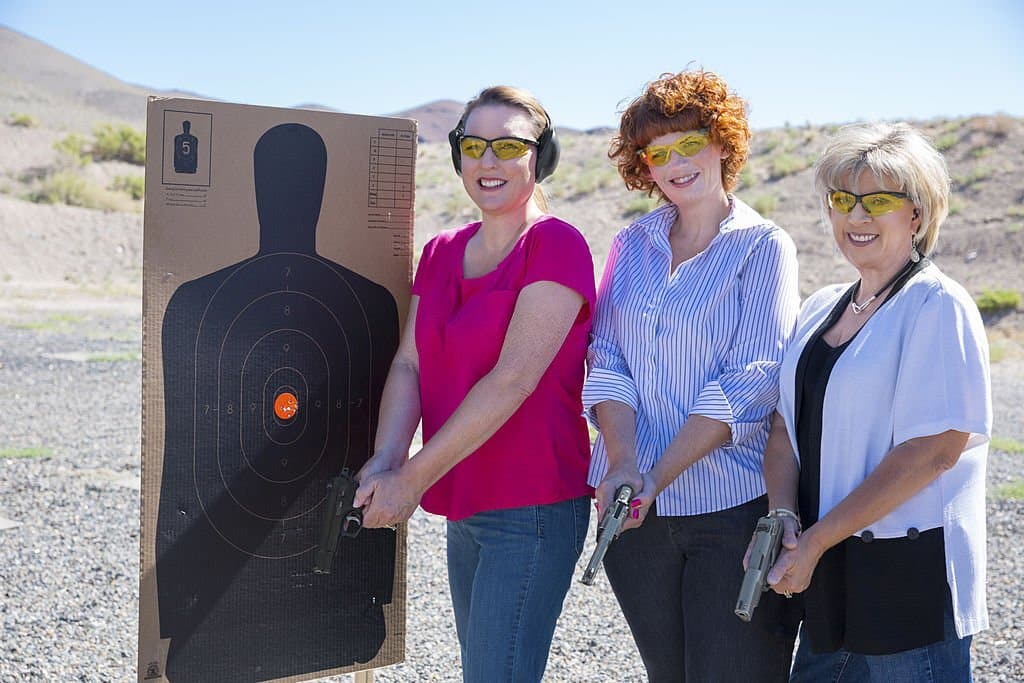
There are some places where you are not allowed to carry a concealed handgun, even if you have a permit.
These places include:
- schools and school grounds
- polling places government meetings
- court houses and courtrooms
- racetracks
- secure areas of airports
You are also not allowed to carry a concealed handgun in a place where alcohol is sold and consumed, such as a bar or nightclub.
It is also important to note that you are not allowed to carry a concealed handgun while you are under the influence of alcohol or drugs.
Texas law prohibits anyone from carrying a handgun in plain view in a public place.
However, there are some exceptions to this rule, such as when you are carrying the handgun in a holster.
However, there are some places where you are not allowed to openly carry a long gun, such as on school grounds or inside
If you meet all of these requirements, you can apply for a concealed carry permit through the Texas Department of Public Safety. The application process is relatively simple and straightforward, and once you have your permit, you can legally carry your handgun in most places in Texas.
There are some places where you are not allowed to carry a handgun, even if you have a permit. These places include:
- Schools
- Hospitals
- Places of worship
- Government buildings
It is also important to note that Texas does not recognize concealed carry permits from any other state. So, if you are visiting Texas from another state, you will not be able to carry your handgun.
Overall, Texas has some of the most relaxed gun laws in the country. If you are a gun owner or are considering becoming one, it is important to familiarize yourself with the laws so that you can stay within the bounds of the law. For more information on Texas Pistol Laws: What You Need to Know gun laws, check out the website of the Texas Department of Public Safety.
Did you find this blog post helpful? Let us know in the comments below! And be sure to check back for more blog posts on all things Texas!
When you’re ready to get your Texas License to Carry (LTC), make sure you choose a premier training provider. Conceal Carry Academy and LTC Training Texas are committed to offering the best firearms training possible. When they need information on firearms safety or they want to take a Texas LTC class, gun owners trust the expertise of the pros from Conceal Carry Academy. If you have questions about any aspect of gun ownership in Texas, contact us today!

